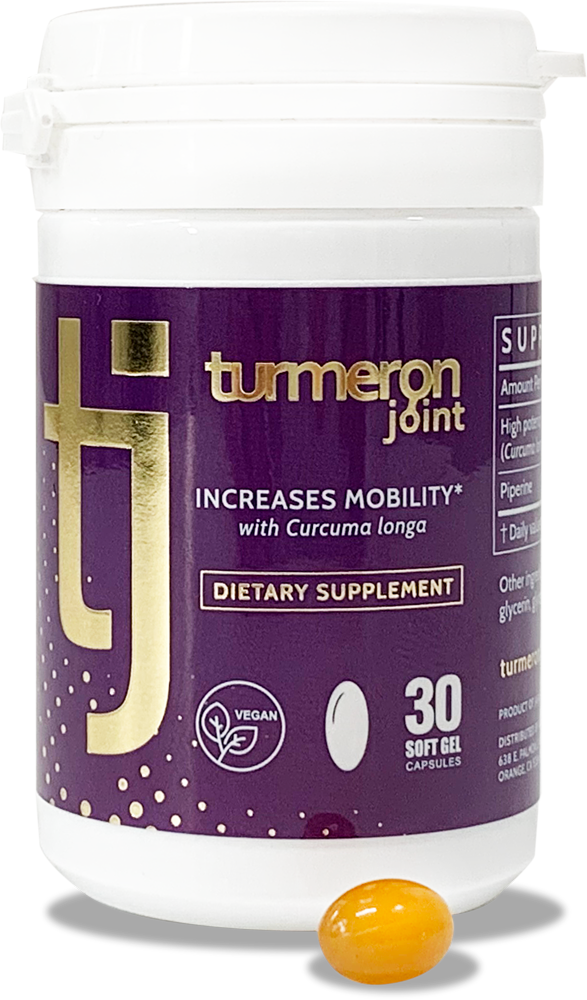You have no items in your shopping cart.
RESEARCH



WHERE IT ALL BEGAN
Cultivated in the Kyushu region of Japan, the Japanese White Turmeric was known simply as healing botanicals. Farmers, within their small communities, love their turmeric tea and enjoy incredible abilities of physical strength and mind for advanced ages. They are also known to be significantly healthy, with strong immunity systems, which help them live life to the fullest.
DISCOVERY - AN UNTOUCHED TREASURE
While their flowers and roots were appreciated, the broad and glossy leaves (that can grow as tall as 1.5m!) were often discarded.
After extensive research conducted by Professor Komai, then Head of Agriculture at Kindai University, the Japanese White Turmeric root and leaves extract are proven to visibly restore skin health.
Continued research on the Japanese White Turmeric found that it has very high amounts of naturally occurring Labdane-type diterpenes in its root called rhizome. This is the only turmeric known to have rich enough Labdane-type diterpenes as well as anti-inflammatory properties. The unique property was then patented in Japan, for both its extract form and powder form for the ‘Inhibition of growth of the synovial membrane or synovial cells’, and ‘White Turmeric dry powder containing high concentration of Labdane-type diterpene’.
See The Difference
| Shiro-Ukon (Japanese White Turmeric) |
VS | Yellow Turmeric |
|---|---|---|
| Contains highest concentrations of Labdane-type diterpenes | Does not contain Labdane-type diterpenes | |
| Patented in Japan for Osteoarthritis control | Commonly found and non-patented | |
| Grown with care exclusively by Turmeron International on farms in Kyushu, Japan | Commonly grown and difficult to identify original import source | |
| Proven efficacy through clinical trials for reducing inflammation and pain | Mixed results on the efficacy of reducing inflammation and pain |


